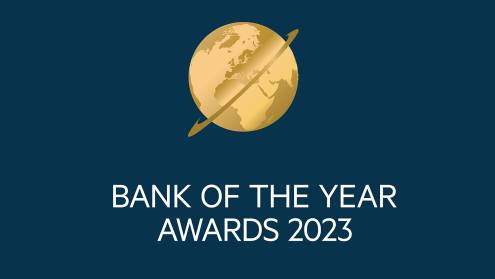Ethiopia reached an agreement with bilateral creditors on an interim debt-service suspension in mid-November, and has indicated it will begin talks on the restructuring of a $1bn eurobond that matures in 2024. But what impact will this have on the Ethiopian economy in the immediate future?
Since applying for treatment under the Common Framework in early 2021, Ethiopia remained current on its external debt obligations. However, Ethiopia has faced payments pressures recently, compounded by recent and successive global and domestic shocks. The agreed interim debt service suspension will provide a structured mechanism to re-profile the payments that were falling due during this challenging period; moreover, it will strengthen macroeconomic stability in the years ahead, in the context of an economic reform program supported by the International Monetary Fund (IMF).













